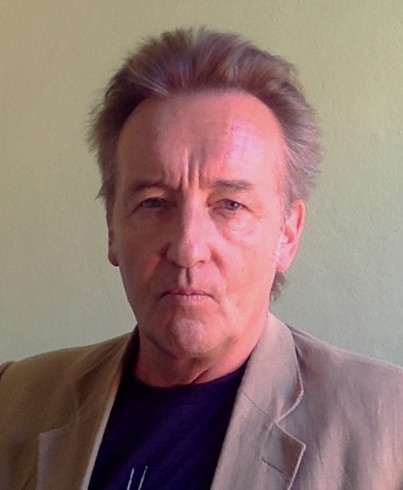Saudi Arabia, the region's hardliner in the regime-change project, is opposed to the political option, which has been earnestly pursued by US Secretary of State John Kerry over the past three months, since Russia began its air operations in Syria. "Saudi officials have long said they think that Mr Kerry's effort is doomed to failure, and that was before Sunday's diplomatic breach with Iran," noted the New York Times.
The second thing that Russia's military intervention has done, as analyst Randy Martin points out, is that the links of Saudi Arabia to terror groups have been laid bare for all to see.
This week, the Saudi ambassador to the United Nations, Abdallah al-Mouallimi, claimed that the regional war of words with Iran will not deflect from his country's participation in the Geneva peace talks on Syria.
However, that is a just a public-relations fig leaf. The Saudi rulers find political negotiations anathema because that would mean talking with their "infidel" enemy of Iran, thus giving the latter more political esteem in the region, and also because the House of Saud persists with the ultimatum that Syria's President Assad "has to go."
It is for this reason that the Saudis last month said they retain the military option to invade Syria to oust Assad and why the oil-rich kingdom set up a 34-nation "anti-terror" military coalition with a license to invade any country where it deems a "terror threat" exists.
In other words, what has emerged is Saudi Arabia's belligerent policy in the region and its collusion with terror groups. And it is Russia's decisive, devastating anti-terror military intervention in Syria that has uncovered these nefarious connections.
That is why the Saudi rulers went ahead with the execution of the Shiite cleric Sheikh Nimr al-Nimr. The chaos and bloodletting they hope to unleash is intended to cover up their terror tracks in Syria.
(Note: You can view every article as one long page if you sign up as an Advocate Member, or higher).





